Humor often involves irony, though there are many different layers of irony.
Layer 0: no irony, completely sincere
Eg. I’m in spain without the s
Layer 1 (sarcasm, irony) : exaggerated opposite of layer 0
Eg. Exercise? I thought you said extra fries!
Layer 2: (post irony): The person that keeps using an ironic phrase starts using it unironically, or a joke making ironically making fun of another ironic joke
Eg. I’m in spain without the a
Eg. Chat is this rizz
Layer 3 (meta irony): the meaning of the message is entirely muddled up in irony, making it impossible to tell the original meaning of the message.
Eg. I love skibidi toilet so much I watch it every single day I can’t live without skibidi toilet
Eg. I’m in spain without the n
Gen Z is the generation born from the late 1990s to the early 2010s. Gen Z humor often involves post-irony, having two layers of irony. A defining characteristic of Gen Z humor is absurdism. Often, Gen Z humor doesn’t make much coherent sense, which is what makes it funny. It’s often said that Gen Z humor seems like one big inside joke, often using the same meme formats for different situations.
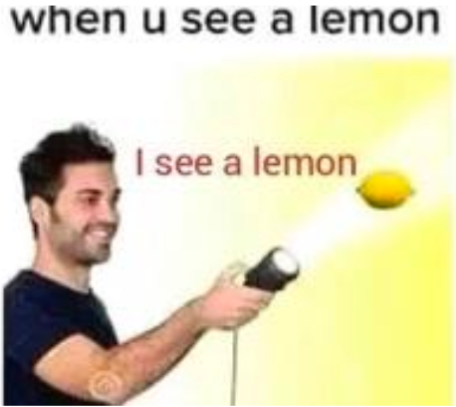
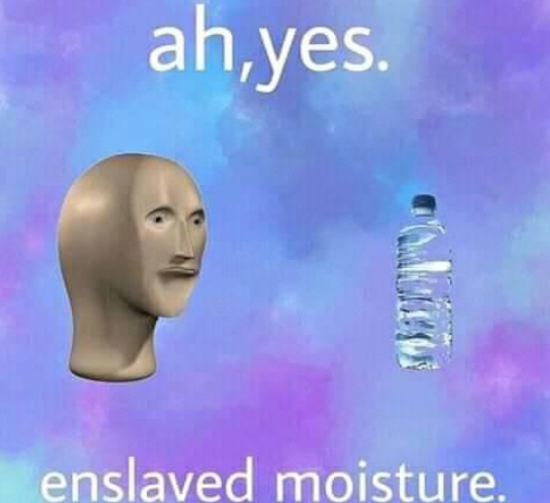
Another aspect of Gen Z humor is slang. Gen Z slang generally have similar evolutions, they often start as an African American and/or LGBTQ community slang, and then spread further into other communities. For example, “tea” first originated in the 1990s in black drag culture, while words like “blud” first came from Jamaican slang. Other examples include “rizz”, “drip”, “based”, “cook” and “bet”, all of which originated from African American or LGBTQ communities.
Another way Gen Z slang originates is from video games or other pop culture, where these terms would become increasingly popularized until it becomes a part of everyday language (eg. sus, NPC, eras, etc.)
Gen Alpha is the generation that started in the early 2010s. Gen Alpha humor on the other hand, is incredibly meta ironic. Gen Alpha jokes are so complex that no one really knows if it’s a joke or not. Usually, Gen Alpha slang always comes from pop culture, for example, “fanum tax” comes from a streamer known as Fanum, “mewing” became popularized on TikTok, while “skibidi” came from a YouTube series.
Current Wredling students are mostly right between Gen Alpha and Gen Z, which is what inspired this article. Both types of humor can be found here, which is very interesting.



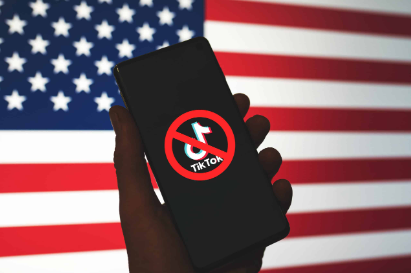




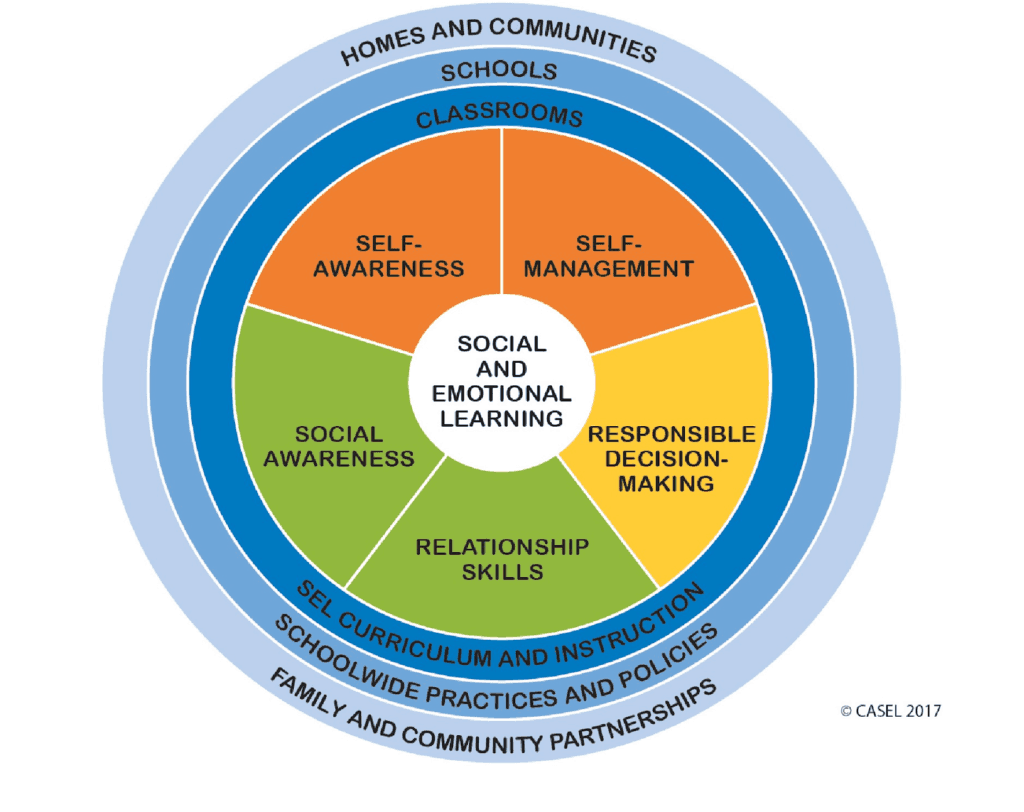
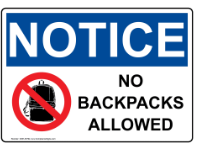
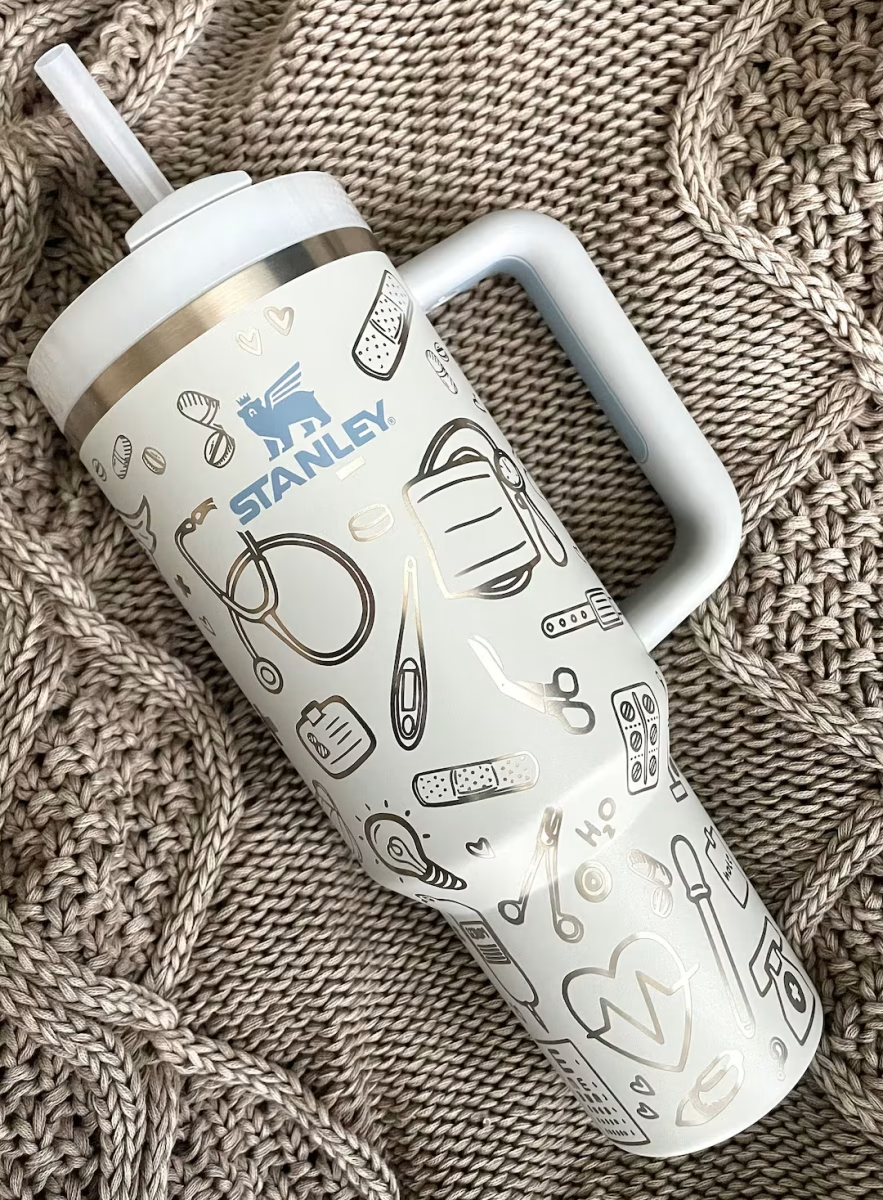

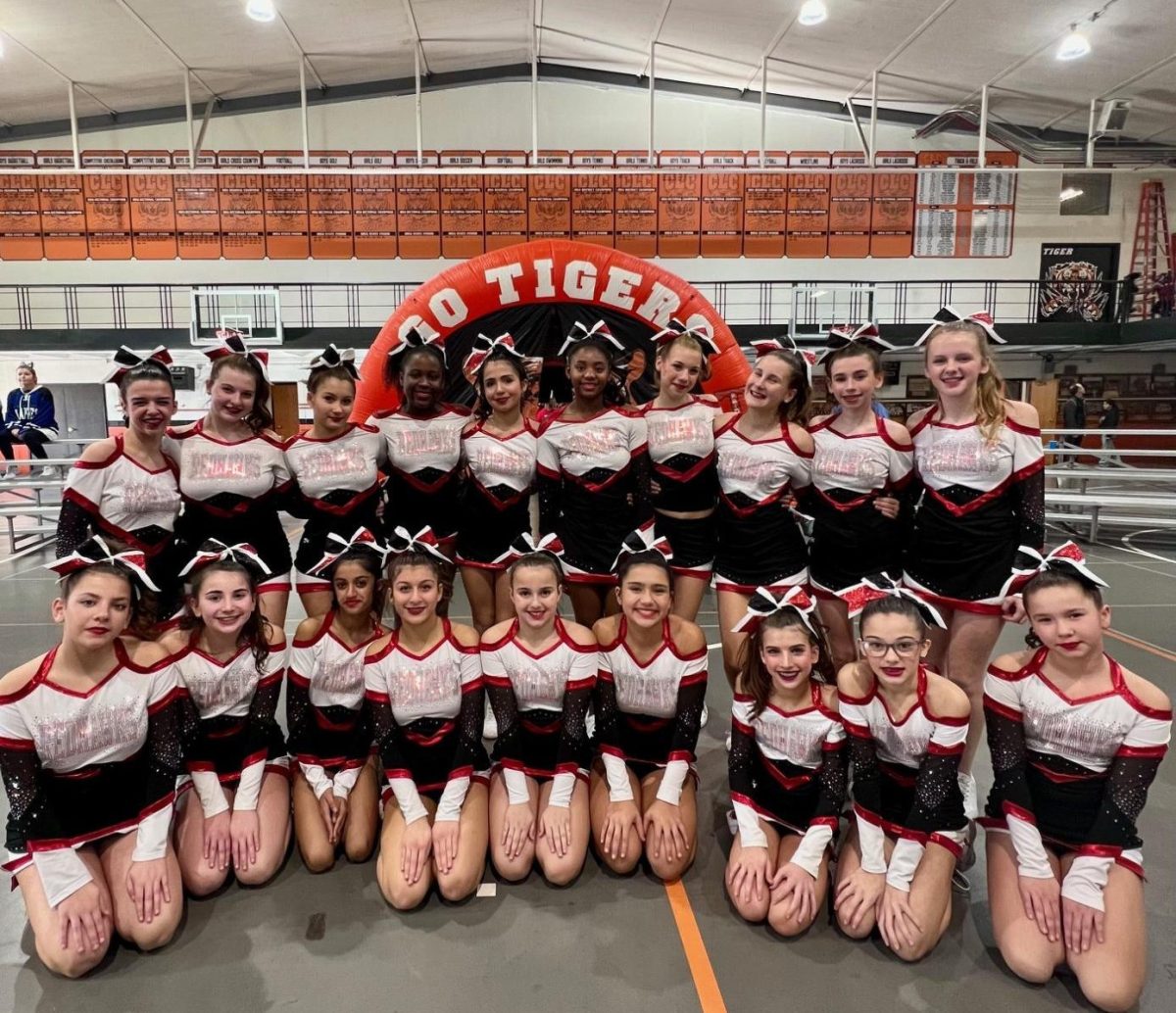
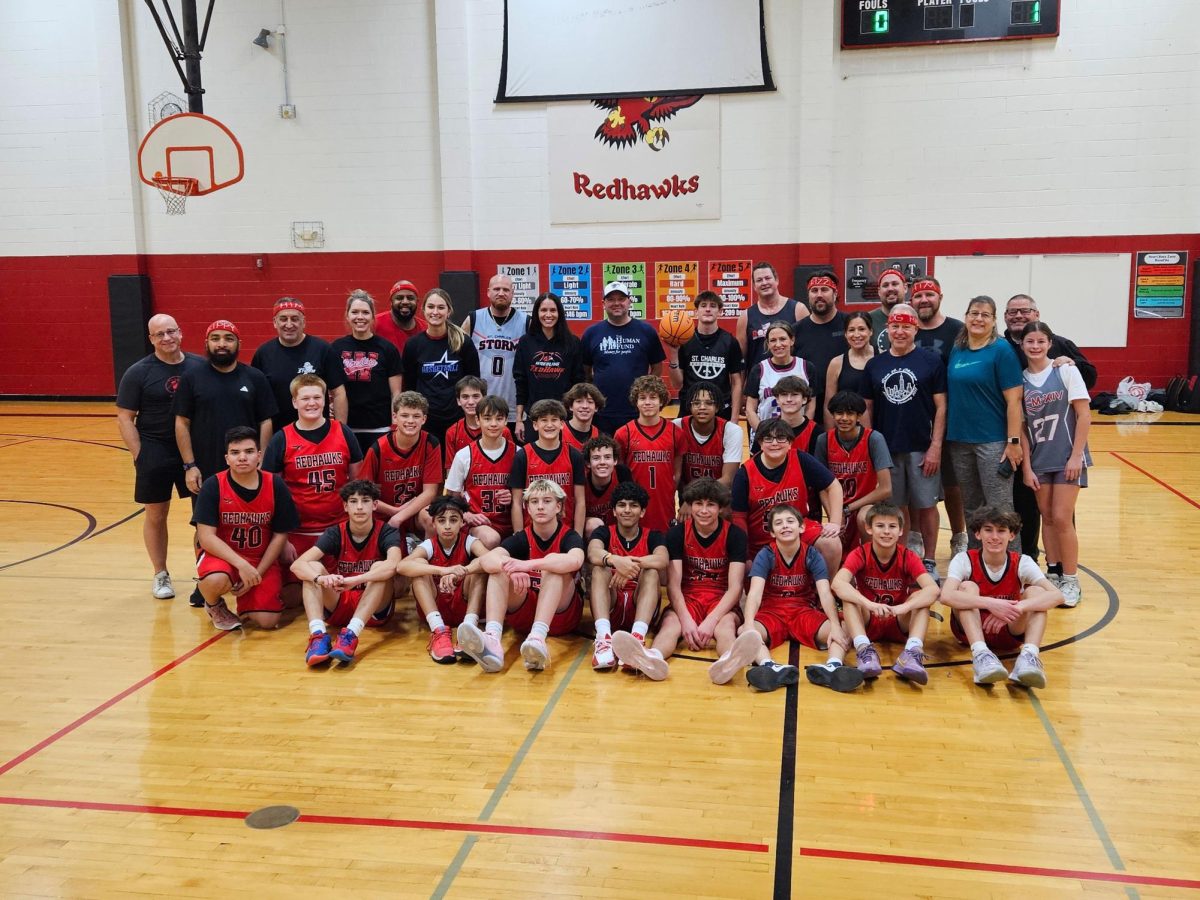
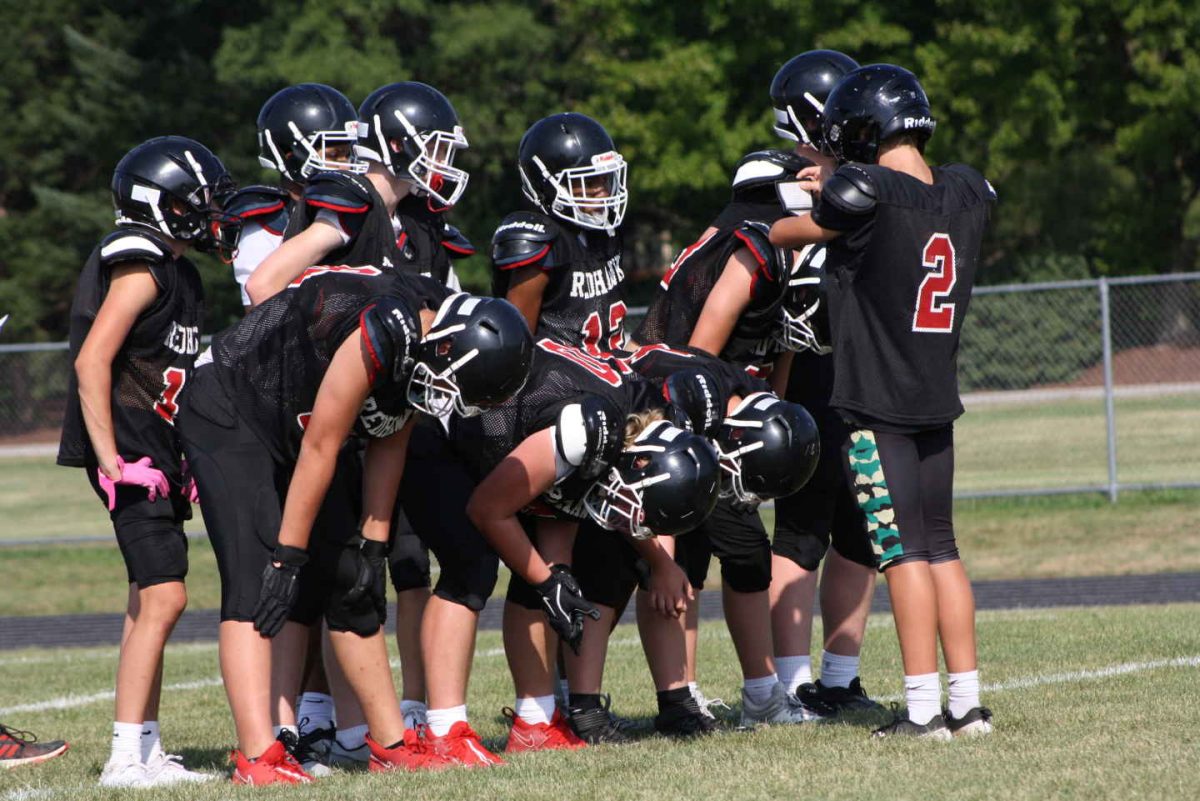
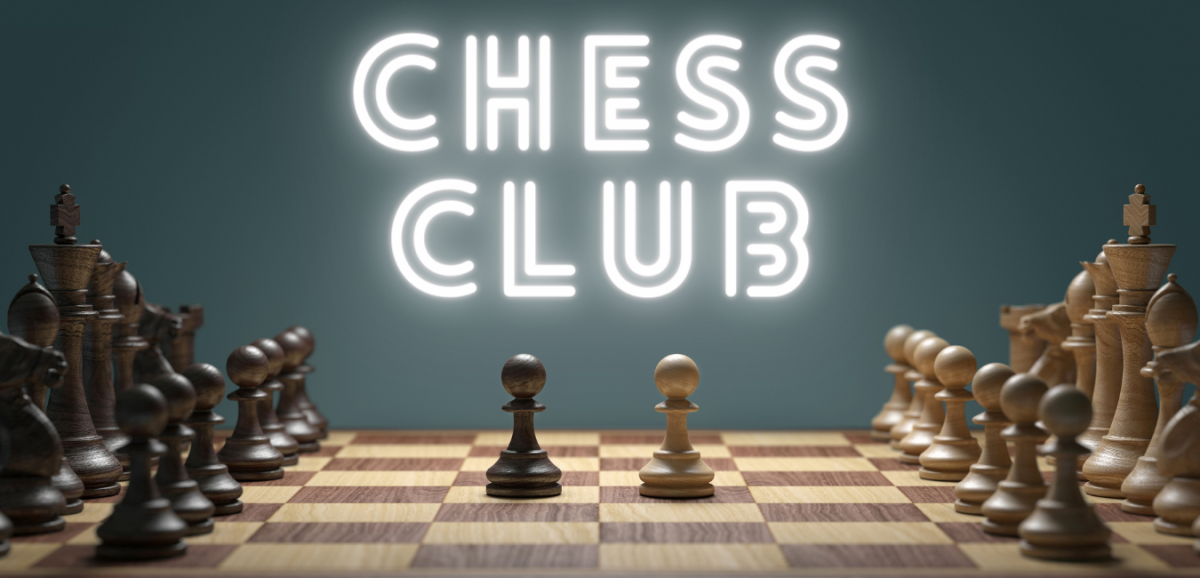
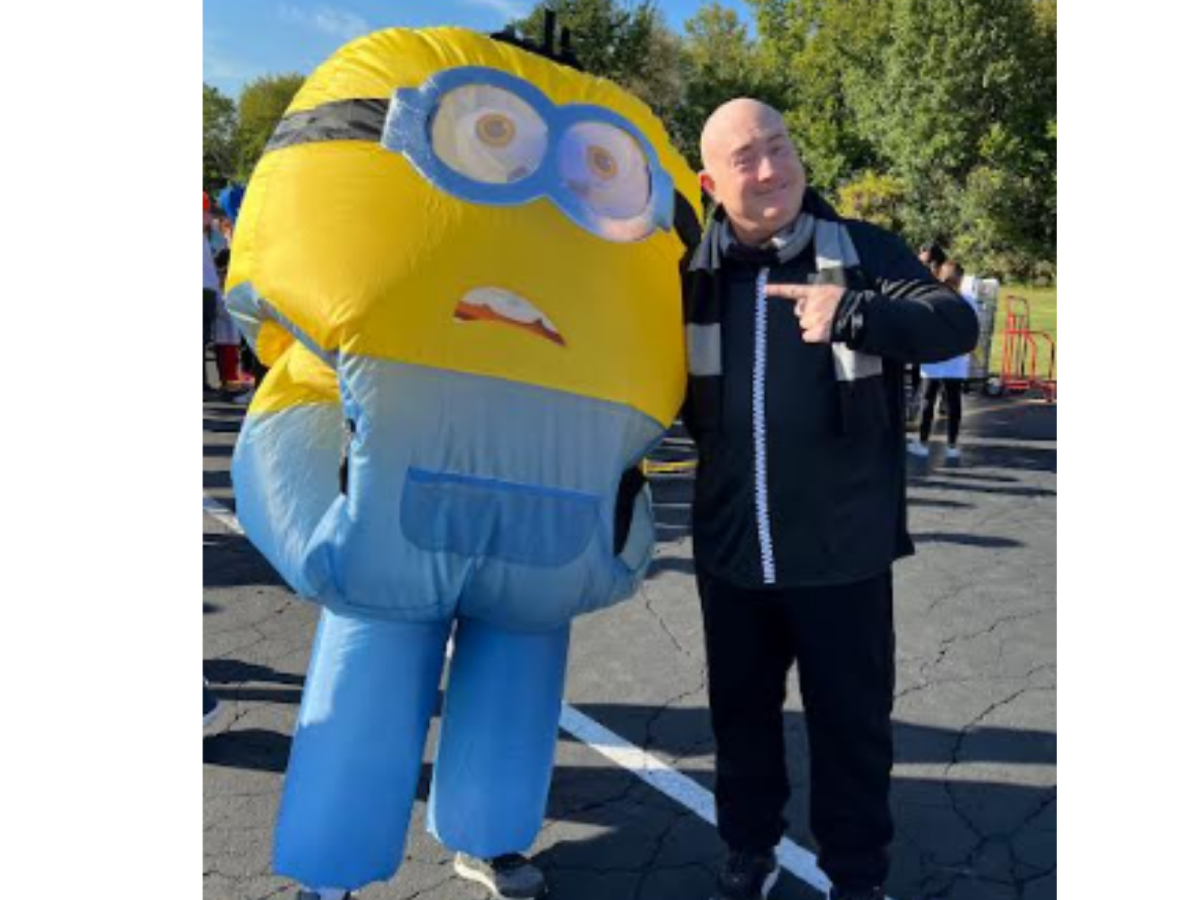
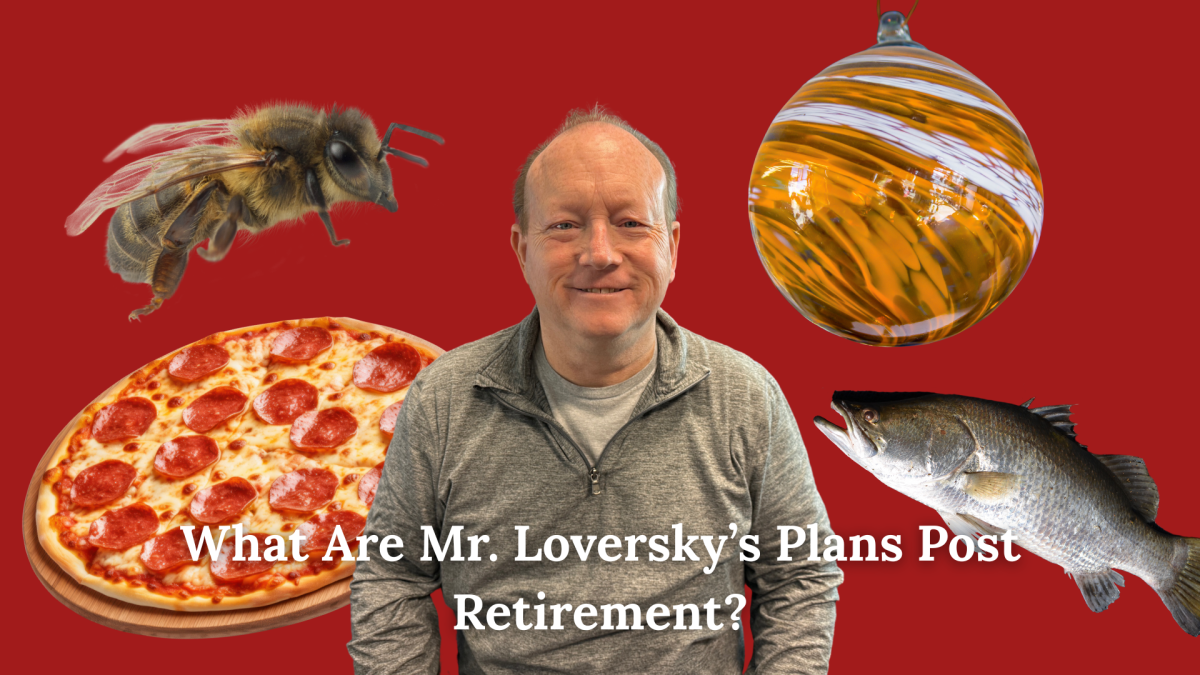
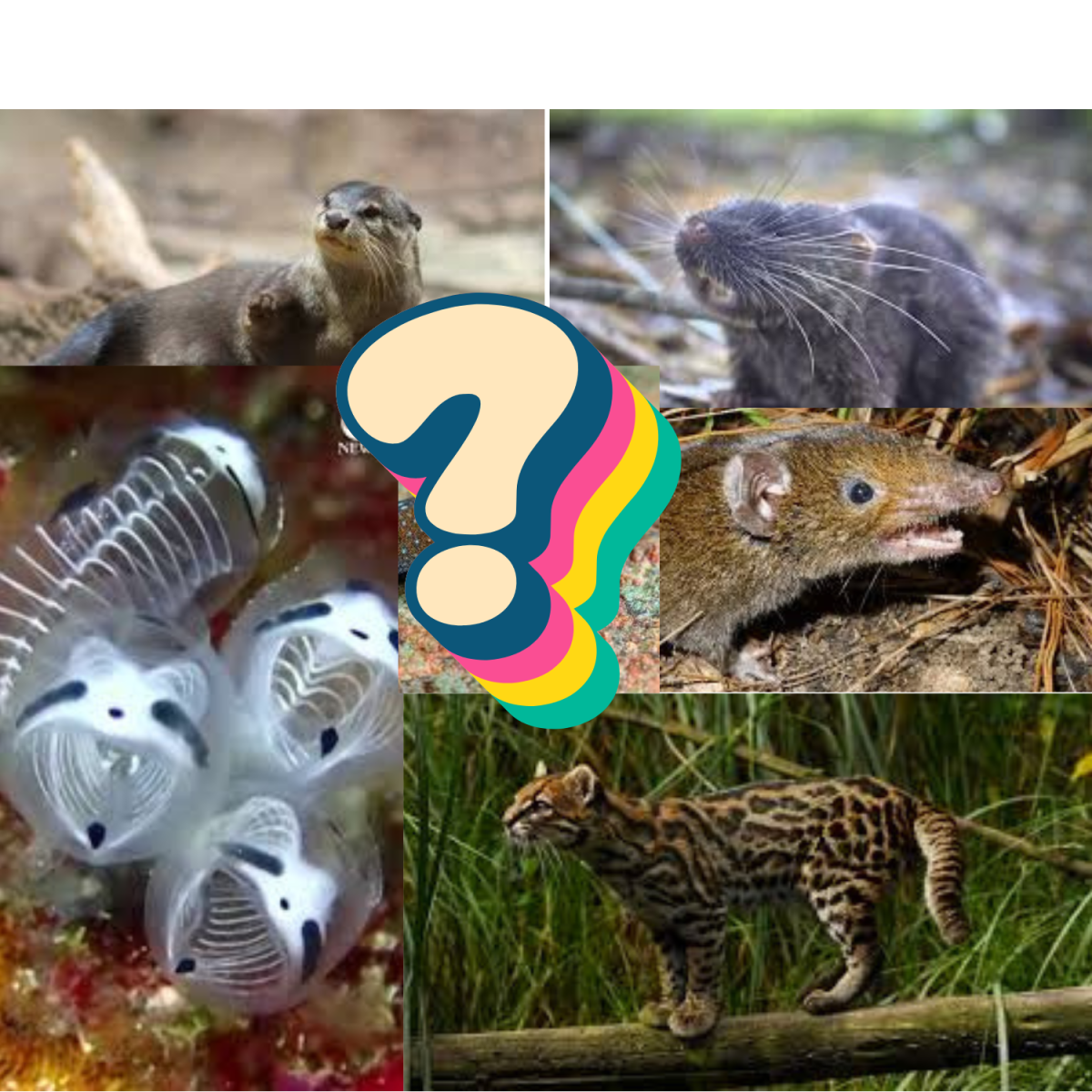

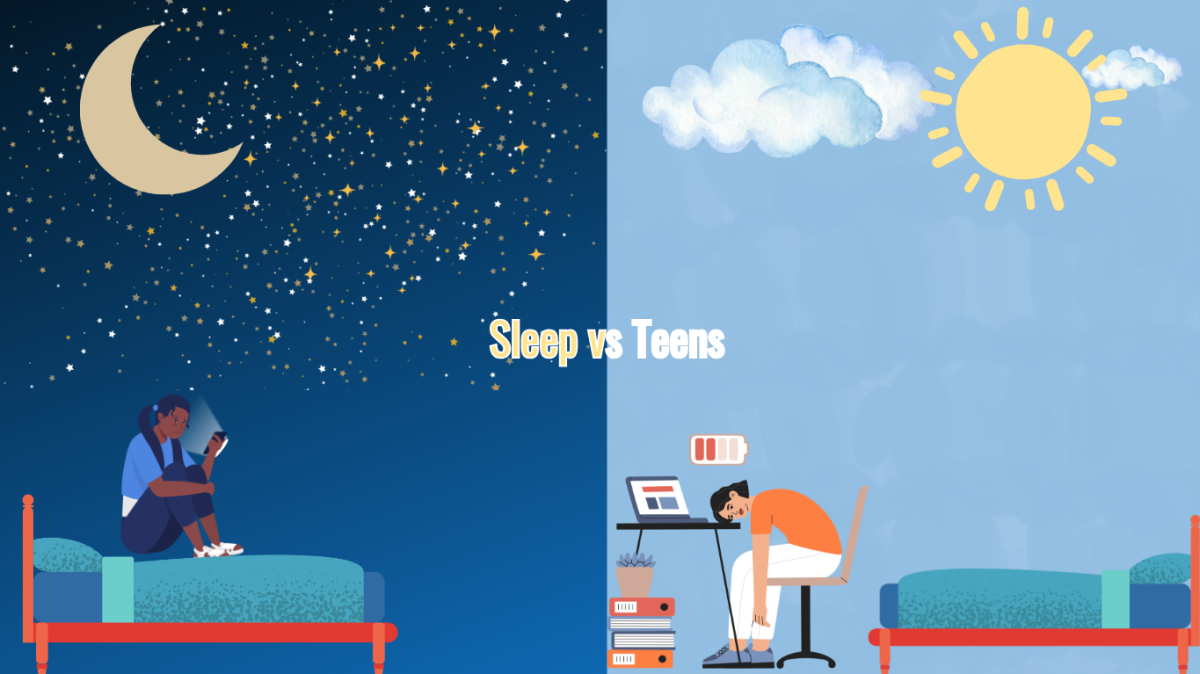
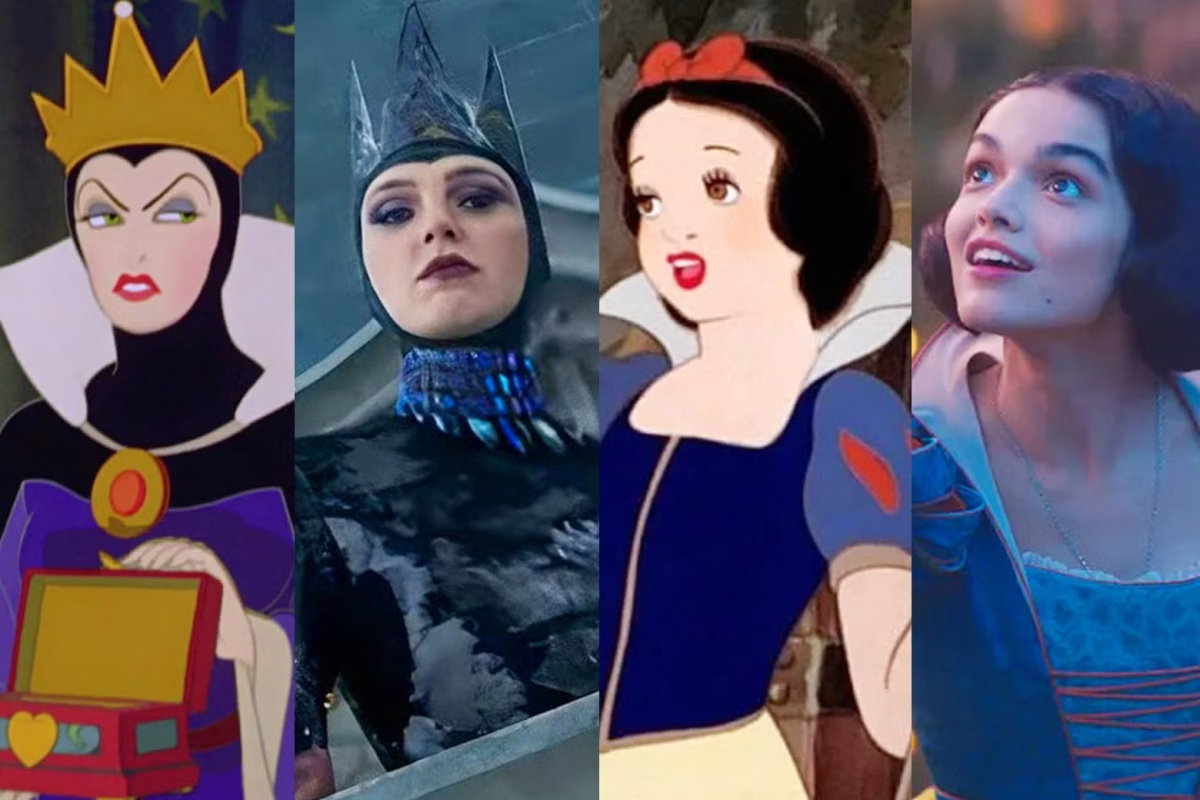
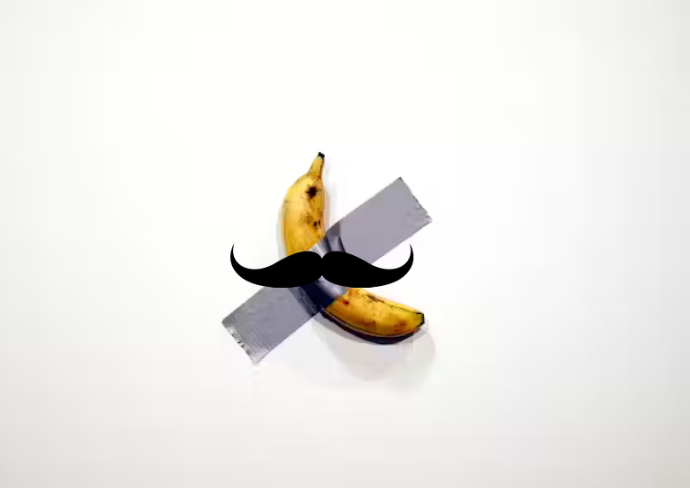
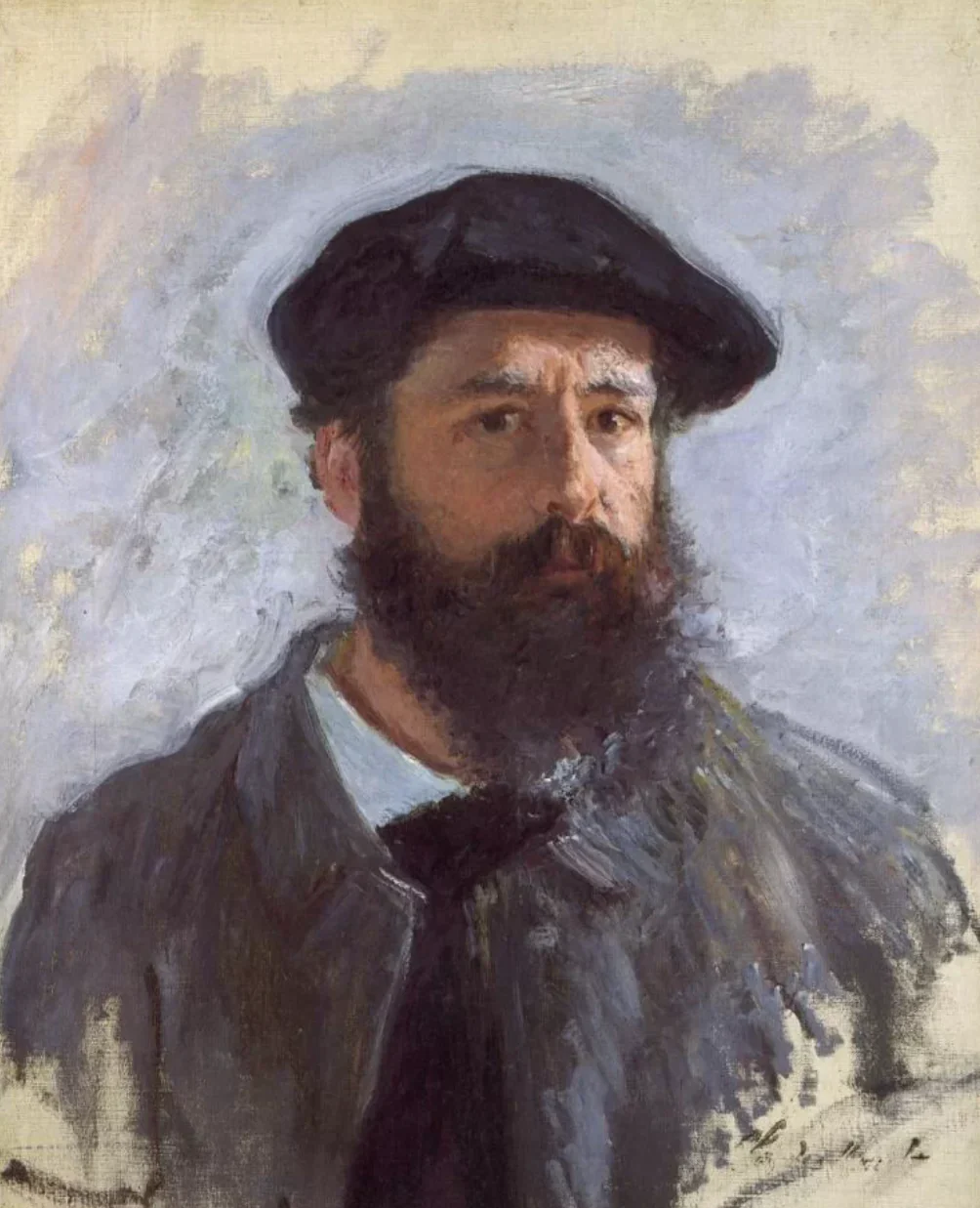
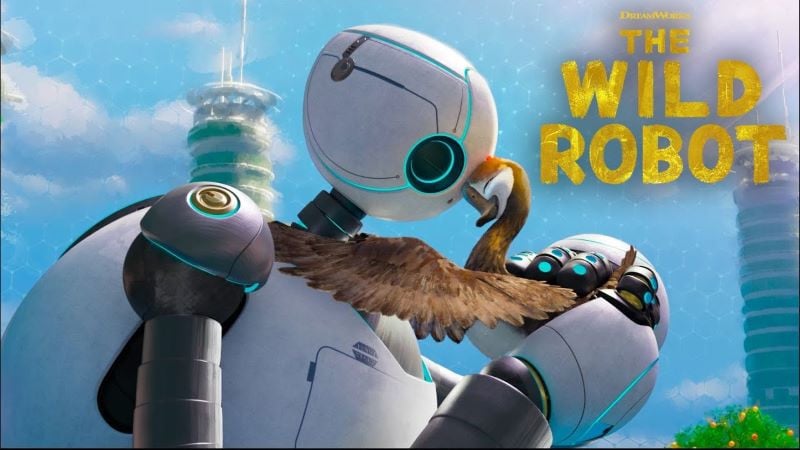
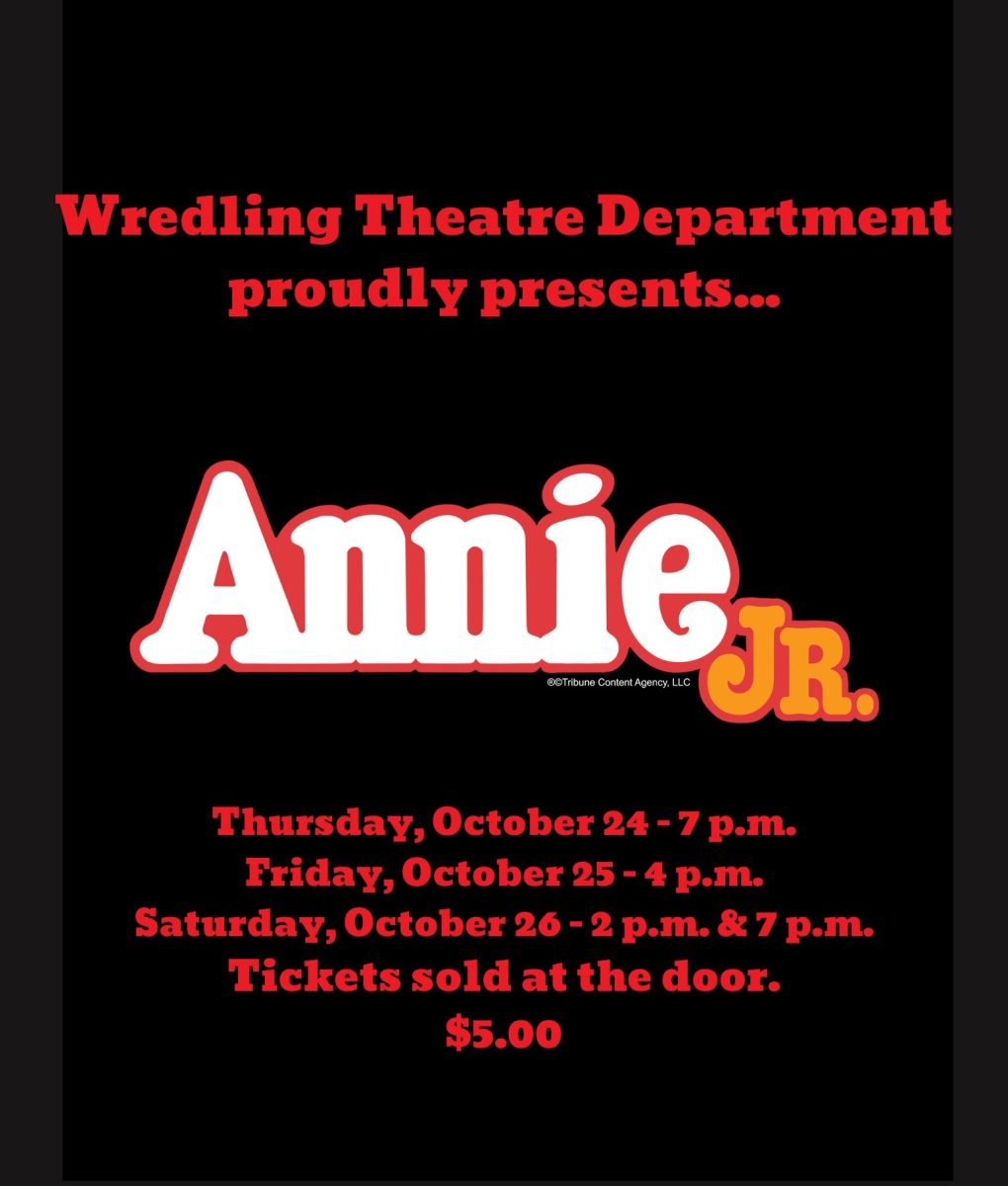


Thomas • Nov 4, 2024 at 1:58 pm
Do people still say skibidi? I’m 12 and I haven’t heard this in years. Skibidi toilet was never fun, even when it came out. Anyways, don’t say skibidi, or else you’re an opp.
Amy Lu • Nov 4, 2024 at 9:42 am
Why is this so accurate though?
Zoya • Nov 4, 2024 at 9:39 am
As an old Gen Alpha, I can confirm all of this.
Aria Han • May 22, 2024 at 7:22 pm
Is rizz a Gen Alpha slang or Gen Z slang? I’ve heard my older Gen Z sister say rizz, and my classmates also say rizz. Overall too much rizz for me.
Tyler Watanapongse • May 28, 2024 at 4:52 pm
Rizz is slang/short for “charisma”. If someone has a lot of “rizz”, they are charismatic. The word charisma was first starting to be used in the mid-17th century. Some generations around this time are the cavalier, glorious, and enlightenment generations, meaning that the word originated from there. This could be one of our answers, but you are most likely looking for the origin of the slang “rizz”. Rizz is a weird word, because it was created during Gen Alpha, but was made by Gen Z. Gen Alpha started using the word “rizz” after Gen Z, because most of them were younger children who wouldn’t be able to start a trend as big as that.
Tyler Watanapongse • May 21, 2024 at 1:26 pm
This completely encompasses my whole life as a Gen Z child.
Miss Metcalfe • May 21, 2024 at 1:00 pm
As a Gen Z teacher, this is the most accurate description I have seen in regards to meta humor. I loved this. Sigma(?)
Joa Ji • May 22, 2024 at 8:59 am
Miss Metcalfe = w rizz
Ms. Dolan • May 20, 2024 at 3:25 pm
Elder millennial here .. . I understand nothing . . . 🙂
Meghan Cannon • May 21, 2024 at 9:26 am
Ha! I felt the same, Mrs. Dolan!